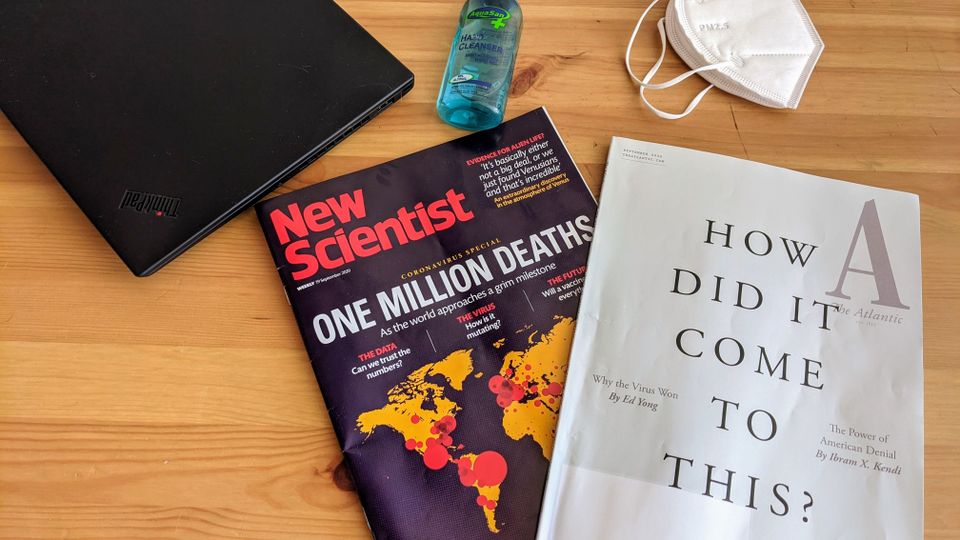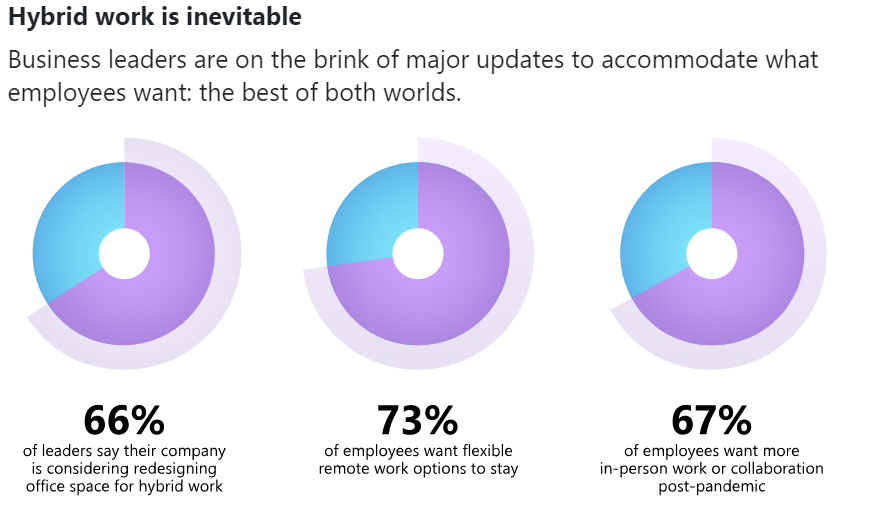The Good, The Bad and The Ugly of the Covid-19 Pandemic

The NHS is the publicly funded healthcare system in the UK. It was established in the wake of the Second World War, along with other government spending initiatives aimed at improving health, education, employment and social security.
But the first calls for a unified medical service came as early as in 1909, dating back to the so called "Minority Report" of the Royal Commission on the Poor Law.
A 2018 YouGov poll puts the NHS as one the most cherished British institutions, above the Armed Forces, the BBC and even the Royal Family.
Was the death and destruction caused by WW2 an example of historical necessity leading to the creation of this bedrock British institution? An NHS historian once said:
The Luftwaffe (Hitler's Air Forces), achieved in months what had defeated politicians and planners for at least two decades.
The comparison, therefore, is not far fetched, so let's push it further. As of May 2021, over 150,000 people died from Covid-19 in the UK. More than twice the amount of civilians dead in WW2, at 70,000.
If indeed, a crisis of epic proportions is required in order to make substantial social change, to bring about the political will to engage in bold projects that withstand for generations, let's ask ourselves: What will then be the "legacy" of Covid-19?
1) Hybrid Work is "The Good"
Two reports, from McKinsey and Microsoft are rather unambiguous about the effects of the pandemic on how we work: flexible working is here to stay.

One study shows that 36% of jobs could be realistically performed from home. The transition to flexible working is bound to have profound effects on daily life. To name just a few:
- Alleviation of the incredible human cost to commuting. The average UK worker commutes on average 1 hour per day. And beyond the time wasted, there is an incalculable psychological cost associated with sitting in traffic or worse, crammed in busses and trains.
- With less commuting, we can finally proceed with the pedestrianization of major urban centres, designing for leisure and culture rather just function, to support the mobilisation of sad, depressed or angry masses to and from work.
- With more people spending time in their home neighbourhoods, there is some evidence suggesting a revival of the local Butcher, Baker and Greengrocer. A shorter food supply chain is great news for the environment, health and well-being.
So there are reasons to be optimistic about these permanent shifts in how some of us will work. But while office workers are raking in the benefits of hybrid work, including significant material gains for some, what are we doing about those who can't work from home?
What about the nurse, the bus driver, the safety officer, the warehouse manager, the cleaner, they can't work from home. Won't this lead to an even greater increase in inequality?
Let's proceed with the Bad.
2) The humiliation of the essential workers
In late 2020 I was watching my prime minister on TV clapping in front of no 10 Downing Street, part of a campaign that was meant to show appreciation for the people that were risking their lives to keep society working.
Only a few months prior, in April of 2020, a recovering Boris was waxing lyrically on how a NHS nurse saved his life after contracting Covid-19.
In March 2021, we found out how much the NHS "Angels" are really worth in the eyes of our ministers, in the only metric that actually matters: it's £3.50 extra per week. Or a 1% pay "rise", which in actuality is a pay cut when inflation is factored in. Two months later, the nurse who kept vigil by the PMs bedside quit her job due to the "lack of respect" shown by the government for the NHS and healthcare workers.
A recent New York times investigation into the Amazon Warehouses in the US show how precarious their condition is. Amazon drivers all over the world are forced to urinate in bottles and defecate in bags to meet their quotas.
The Deliveroo drivers kept many of us fed during the pandemic. But a recent survey finds their UK drivers earn as little as £2 an hour.
The burden of illness and death due to Covid-19 is also not shouldered equally across socio-economic groups.
Angus Deaton, British-American economist and Nobel laureate, gave a Congressional Testimony to the House Budget Committee in June 2020, foreshadowing this problem:
The pandemic is exposing and exaggerating longstanding inequalities in health and wealth. It will worsen the inequalities between black and white, between the more and the less educated, and between ordinary people and the well off.
The situation in poor countries is The Ugly
According to data shared by The Progressive International at the Summit for Vaccine Internationalism in June 2021, only 0.3% of vaccine doses have been administered in low-income countries. At this pace the pandemic will continue to rip through the Global South, leaving the whole world highly vulnerable, for another 57 years.
Perfectly reasonable centre-right voters in the US were very worried about local governments overstepping the bounds imposing sometimes excessive pandemic restrictions. Elon Musk famously defied California's stay at home order, declaring, quite pathetically:
If anyone is arrested, I ask that it only be me
But if governments in the "Democratic West" are taking new liberties that are challenged by the public, one can only imagine what kind of fascist monsters are brewing in the more impoverished Global South, with sparse access to vaccines.
So where is the big win?
If major progressive policies can more easily be implemented in the wakes of global catastrophes, aren't we squandering the Covid-19 "opportunity"?
A few days of working from home for the privileged few does not seem like such a big win in context.